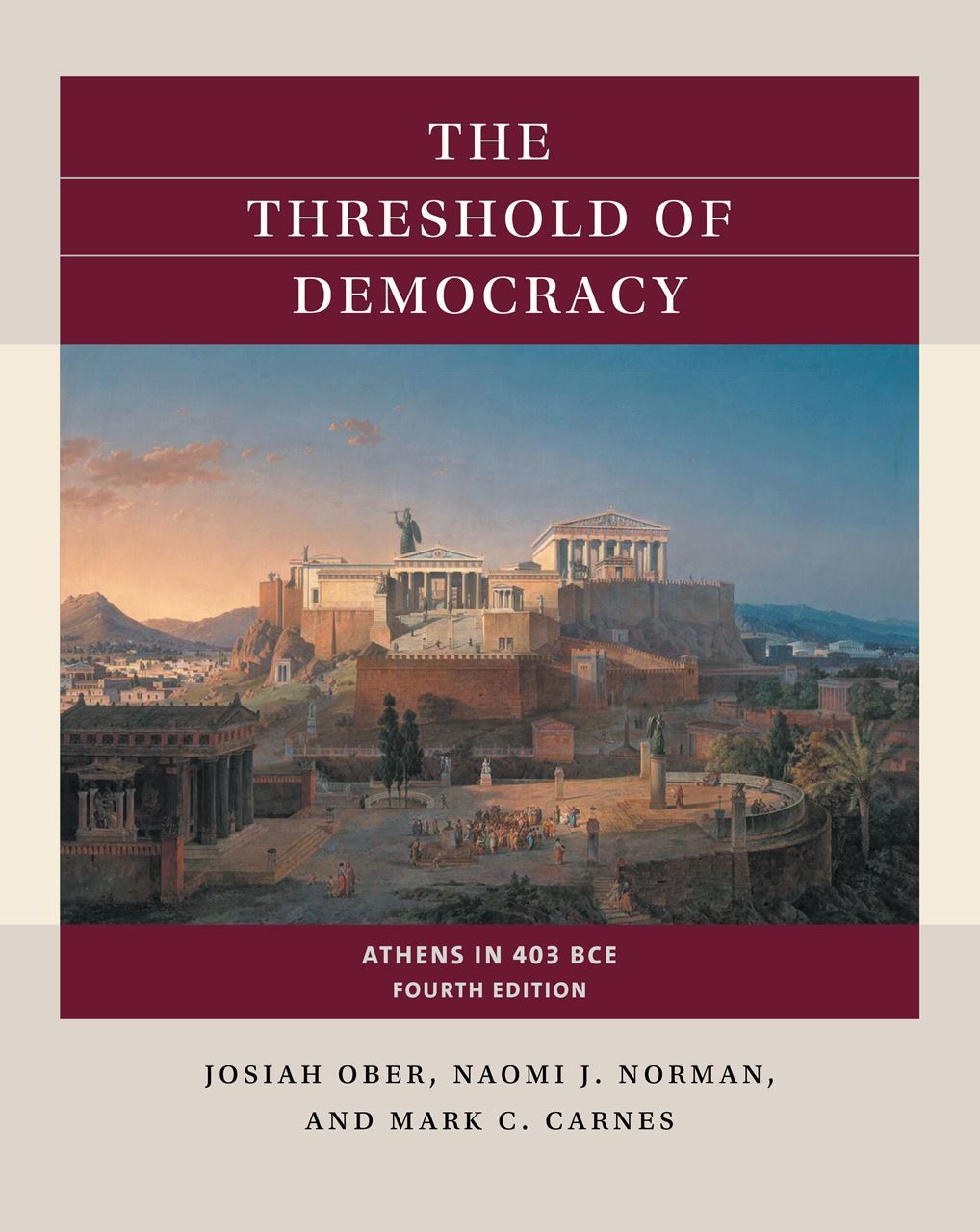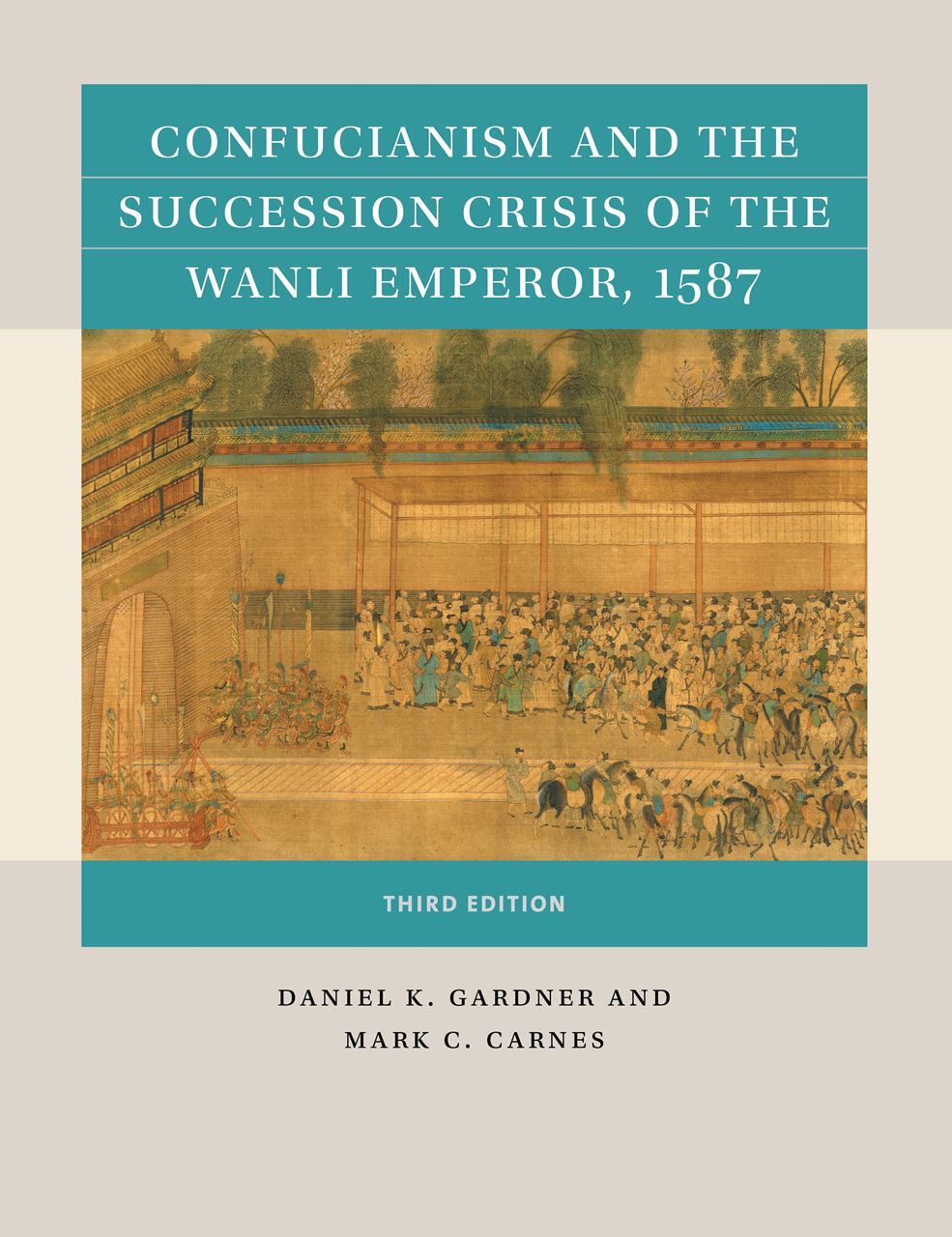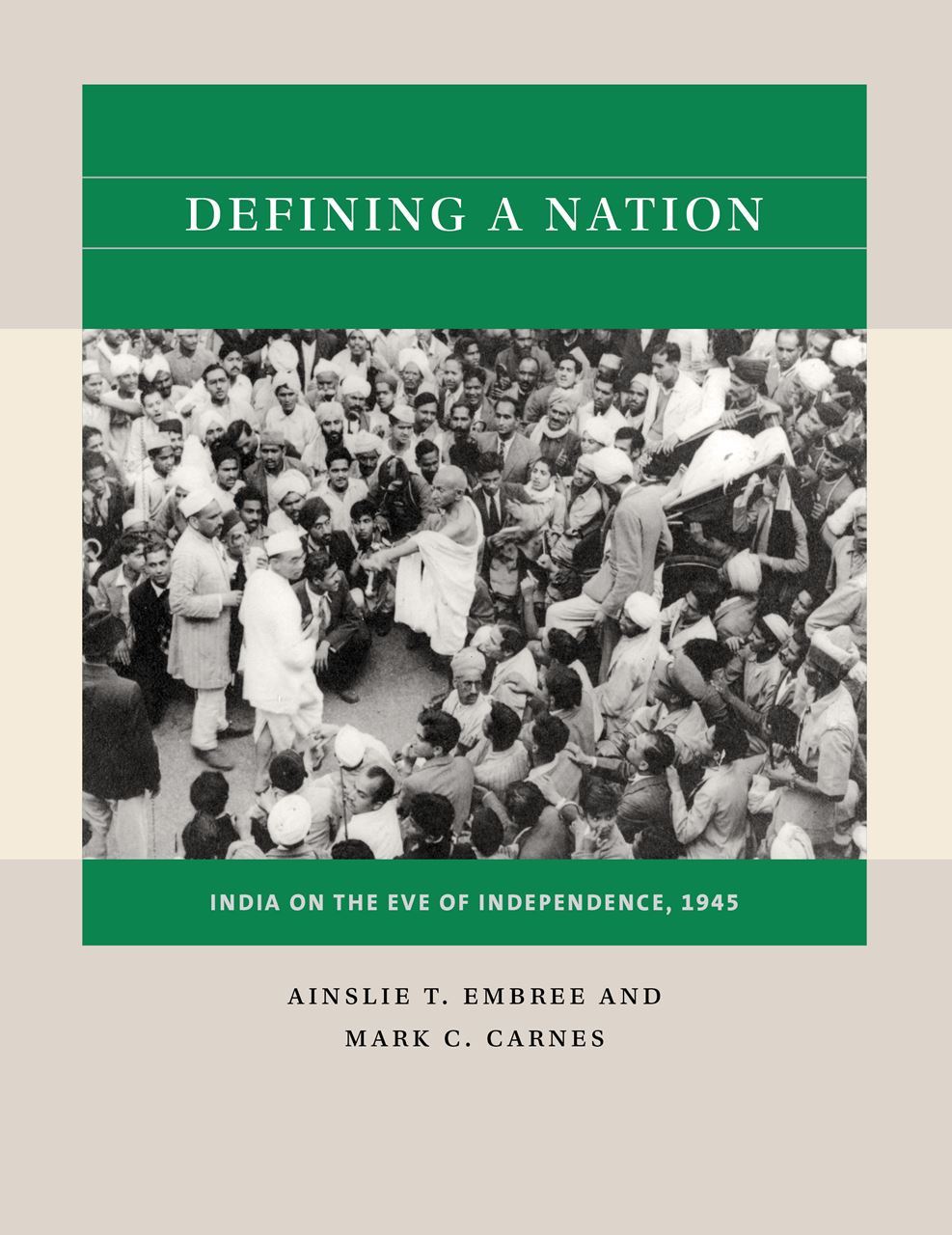 |
ASHOKA
Ashoka: Becoming the Dharma King
by J. Noel Hubler
 Play this game recently? | Seeking collaboration between the Brahmins, Jains, and Buddhists In 260 B.C.E., Ashoka returned from his successful war against Kalinga, grieved at the great suffering and loss of life he had brought to the land. He was determined to become a better Buddhist and a king who ruled not through force, but through the Dharma (literally “law,” but it comes to mean “true teaching” and “order of the universe”). As members of the Council, students represent the major traditions operative at Ashoka’s time: Brahmin Traditionalists, Jains, Ajivikas, and Buddhists who must advise the King on the policies that will help him become the Dharma-king. However, each of the King’s proposals is controversial because the Kingdom is home to so many different traditions. The King must seek to navigate between the different interests of the traditions. At the same time, the King believes that all traditions should honor and learn from each other. The King cannot afford to rule autocratically. He needs to keep peace within the Kingdom so he cannot simply impose his Buddhist views. He also knows that many kings have fallen before, so he must always be on the lookout for plots against his rule that can even come from his own family. He cannot afford to alienate any of the traditions that could serve as a base for opposition to his rule. This is a Level 4 game that is still under development but has been approved by the Reacting Editorial Board (REB) for general use. A detailed explanation of the editorial process and game levels can be found on our REB Page. |
Details
|
Using the Game
Class Size and Scalability Class Time Assignments |
 GAME MATERIALS
GAME MATERIALS
Reacting Consortium members can download all game materials below. You will be asked to sign in before downloading.
Please fill out the Permissions Request Form before using Ashoka in your class!
Gamebook All students need a Gamebook, which includes resources and historical content. Members can download the Gamebook, and provide it to students for free or at cost. | Instructor's Manual The Instructor's Manual includes guidance for assigning roles, presenting historical context, assignments, activities and discussion topics, and more. | Role Sheets Students also need a Role Sheet, which contains biographical information, suggestions for further reading, and role-specific info or assignments. |
J. Noel Hubler
J. Noel Hubler is a professor of Philosophy and Politics at Lebanon Valley College and author of Overcoming Uncertainty in Ancient Greek Political Philosophy (2021). |
Members can contact game authors directly if they have questions about using the game. We also invite instructors join our Facebook Faculty Lounge, where you'll find a wonderful community eager to help and answer questions.
|
|
|


